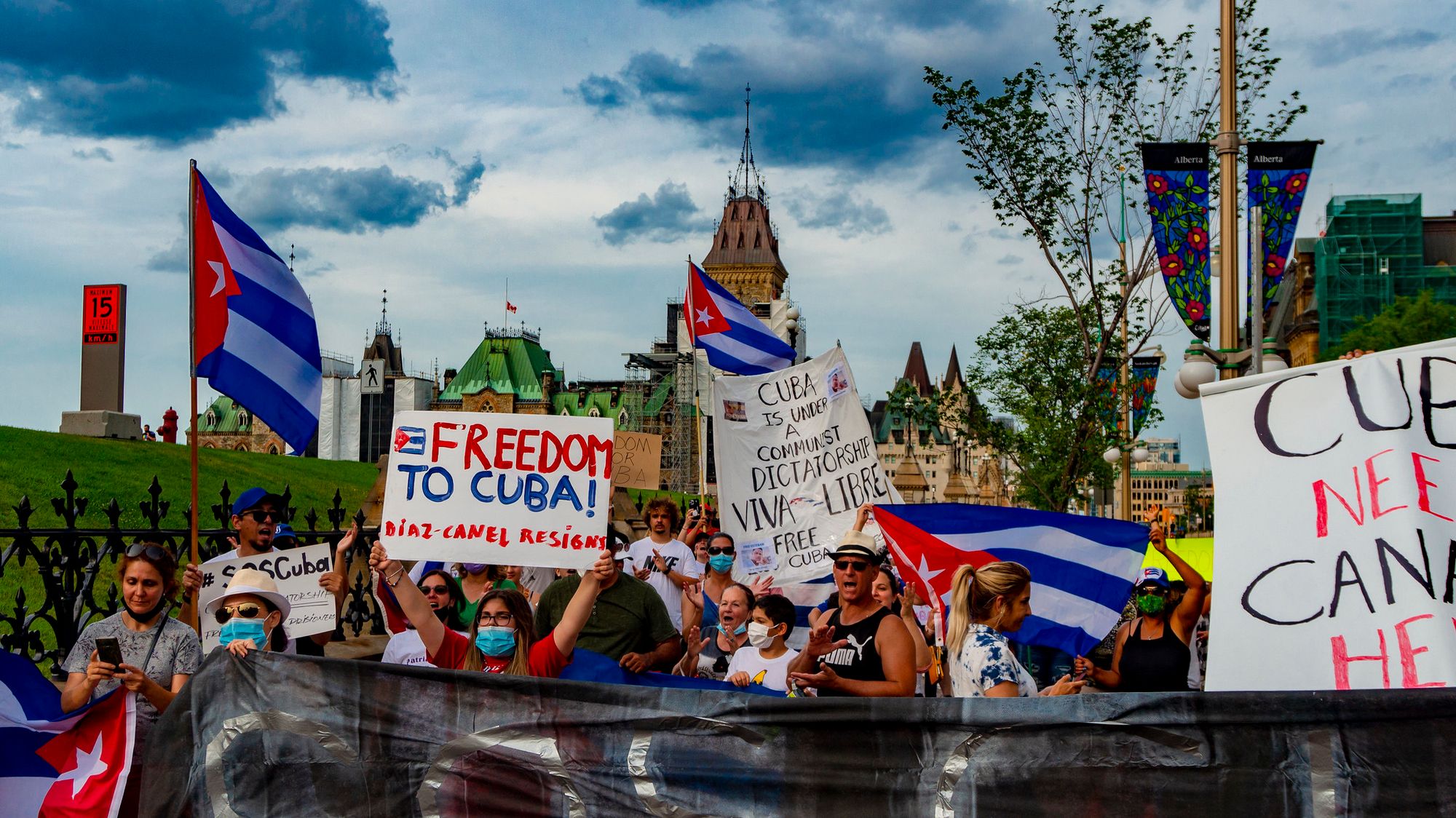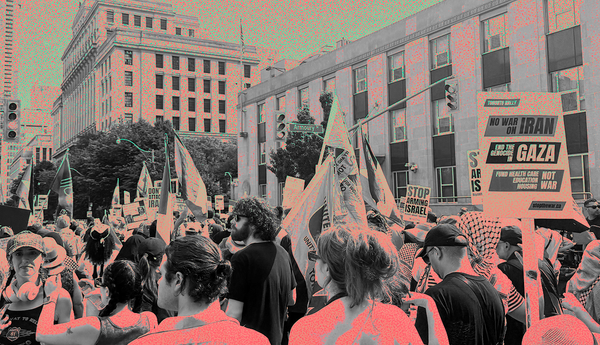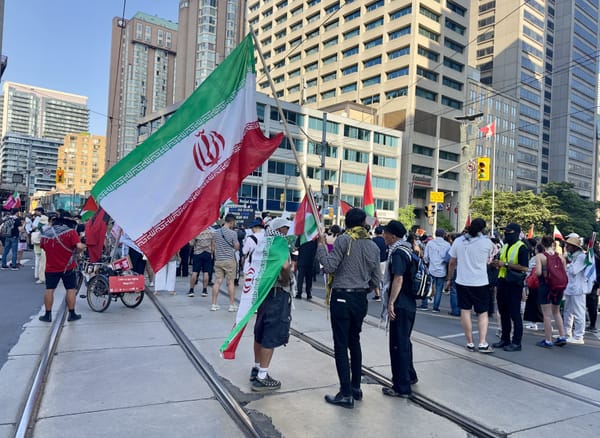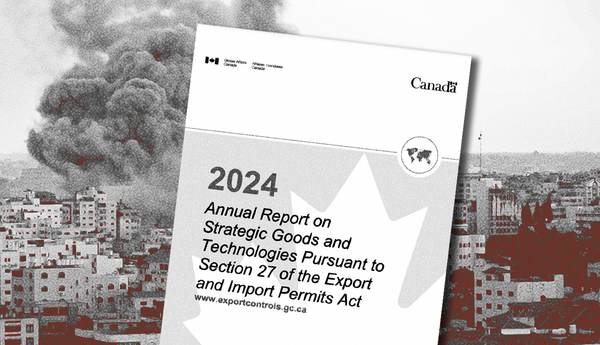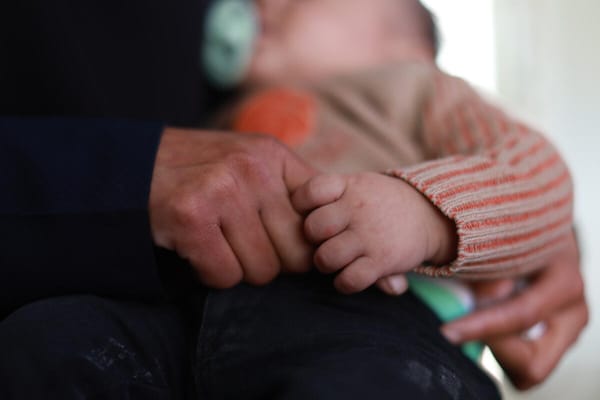“You want me to go somewhere and fight, but you won’t stand up for me here at home,” Muhammad Ali once told a pro-war protester upon rejecting the United States’ Vietnam draft.
Ali was eventually charged and convicted of draft evasion, banned from boxing for three years and fined $10,000. Regardless, he stood by, and continued to emphasize, his point that the powerful will agitate their subordinates toward hating a carefully selected group of foreign enemies while neglecting the human rights abuses that stare them in the face at home.
Ali’s stance often comes to my mind when I see critics demanding anti-war activists condemn foreign states, and our government rush to condemn other countries’ alleged human rights issues while exacerbating our own.
This was the case just a couple weeks ago.
I was driving through Vancouver when I saw an anti-China protest that appeared to be organized by members of Falun Gong, a group that’s probably best known here for a theatrical performance it holds, or its close connections to the owners and operators of the Epoch Times — the newspaper you just can’t seem to stop getting on your doorstep no matter how uninterested you are in hearing about how Satan is using homosexuality to make us all communists. Despite Falun Gong being a fringe religious group, the protest, filled with anti-China signage, was cheered by onlookers.
On my way back home, I drove by the same place and saw another protest there. This time, it was for Cuba. At the stoplight, I read some of the signs: “Honk for Cuba”; “Communism Kills”; “SOSCuba.”
And yet, these SOS signs were being waved in a city with the second highest working poverty rate in Canada, and a homeless population likely greater than Cuba as an entire country. The city is in a country currently facing the truth of its genocide against Indigenous people, with thousands of unmarked graves at the sites of former so-called residential schools being uncovered and making international headlines.
Starting with Canada’s own problems is, of course, part of the premise of a national citizenry. We acknowledge our shared fate with one another as we attempt to hold those in power to account, and make demands of them that will positively impact us. We know, as Canadians, that having local demands will mean a greater impact, but nonetheless find it more glamorous to focus on global issues that have little to do with the day-to-day lives of most of us.
Bringing this up may seem like “whataboutism” on my part, and I anticipate the, ‘You can care about more than one thing’ responses that will come my way. It is true: You can attend as many protests as you like, and I’m not telling you what you should protest. Rather, I simply find the trend of media and political elites scolding Canadians to condemn governments abroad, while crises exist here, to be revelatory of a larger problem, where human rights abuses get portrayed as a foreign phenomenon.
Canada has an issue with recognizing itself as a country that engages in practices seen as foreign and tyrannical. That is, there’s a deep discomfort with conceptualizing Canada as a country with the sort of problems we accuse others of having: poverty and economic precariousness, political corruption, cultural genocide and mass incarceration.
The very real issues Canadians face are easily sidelined when we scramble to portray them as problems that only exist elsewhere, which we may simply “raise awareness” about, or as a single irregularity in Canadian history but a defining feature of other countries.
I don’t mean to suggest that Canadian officials’ Cuba statements, or protests in cities throughout the country, are explicit attempts at distracting. But they are convenient. When we conceive of violence and corruption as an exclusively foreign phenomenon, we let our own politicians off the hook. When we insist that Canadians ought to fixate on the actions of a foreign state they can’t do anything about, we also take the spotlight from the crimes of our own government and place it on another.
Further, many writers have noted that “international human rights” discourse has been a conceptual tool of colonialism and imperialism. As such, it should be obvious that when our governments make statements decrying others for alleged human rights abuses, while doing things like acting as Saudi Arabia’s key arms dealer, they’re not operating in good faith. There are material interests behind these sort of performative political human rights condemnations.
The mainstream media in Canada — that is, outlets such as the CBC and the Globe and Mail — are complicit as well. They’ve been complaining that Prime Minister Justin Trudeau hasn’t been more hostile to the Cuban government. This is par for the course for media elites — policing who ought to condemn what takes precedence for them over encouraging our government to grapple with the social and economic crises at home.
This is not to say Canada has zero ethical responsibility to those outside the country. Indeed, one may argue that the Canadian government can play a role in easing the suffering of Cubans as a relatively more powerful country, allied with the global hegemon. And yet, our government hasn’t been very responsive to Cubans and Cuban Canadians that have asked, in line with the global consensus, for help in removing the American blockade against the country. This demand hasn’t been popular among the aforementioned groups that purport to care about the Cuban people so much, either.
Marc Garneau, Canada’s minister of foreign affairs, is happy to join the U.S. in expressing “Canada’s deep concern” about the Cuban government, but has refrained from pressuring our ally to simply lift the economically devastating embargo on Cuba that is hurting the population at large, impeding access to lifesaving medicines and supplies, and causing shortages.
Those that complain of our government not being more like the U.S. when it comes to Cuba have no concern for the dignity of Cubans or Canadians, but only for ideologically affirming themselves and their valued sources of support and profit.
We should wish for everyone in the world to have access to what they need to survive, but be vigilant in recognizing when our government, political movements and media are encouraging us to look abroad while closing our eyes here. Let’s get our own house in order.

